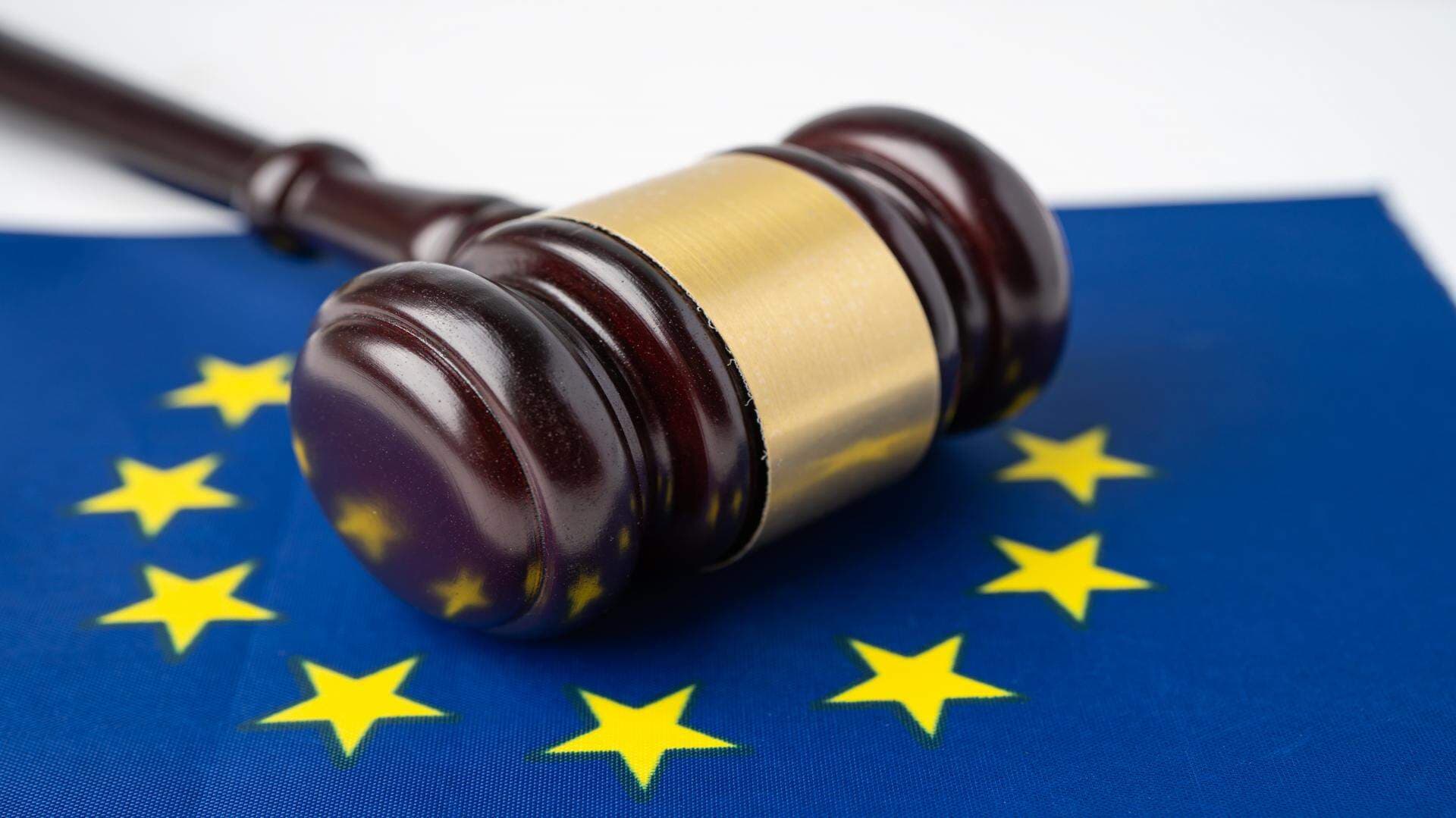Our main concerns with European Parliament report on CSRD
The European Commission’s proposal on sustainability reporting, the Corporate Sustainability Reporting Directive (CSRD), is currently being discussed within the European Parliament. The Legal Affairs Committee (JURI) recently released its report on this file.

We are concerned with the some of the amendments proposed in the report adopted by JURI, and find the general approach adopted by the Council to be much more balanced.
Our main concern is over the exemption for subsidiaries, which we believe should be maintained. Requiring companies that are part of a group that reports according to CSRD on a consolidated basis to also comply with the reporting requirements on a legal entity basis is an extensive expansion of the scope of the Directive. This will place an exceptionally heavy burden on reporting entities but will bring no extra benefits for stakeholders. As well as the increased costs and administrative difficulties that this requirement would create - staff functions for corporate reporting and sustainability are seldom organised along a legal entity basis - we also see several other potential problems. For example, there is the question of assessing materiality on a legal entity basis, as well as the upcoming national implementations of the Directive; this may vary between countries, and thus may complicate the coordination of group communication and reporting.
In addition to the subsidiary exemption, we are concerned by the JURI proposal to require separate firms for assurance of the financial report and the sustainability report. This appears contrary to the aim of integrating financial and non-financial data and will - through duplication of work – drive up costs without any clear benefits for stakeholders. Implementing CSRD will represent a huge challenge for reporting entities.
If seeking legitimacy for this new reporting framework, it would be unwise to add unwieldy requirements that are purely bureaucratic in nature and that fail to mirror the needs of stakeholders.